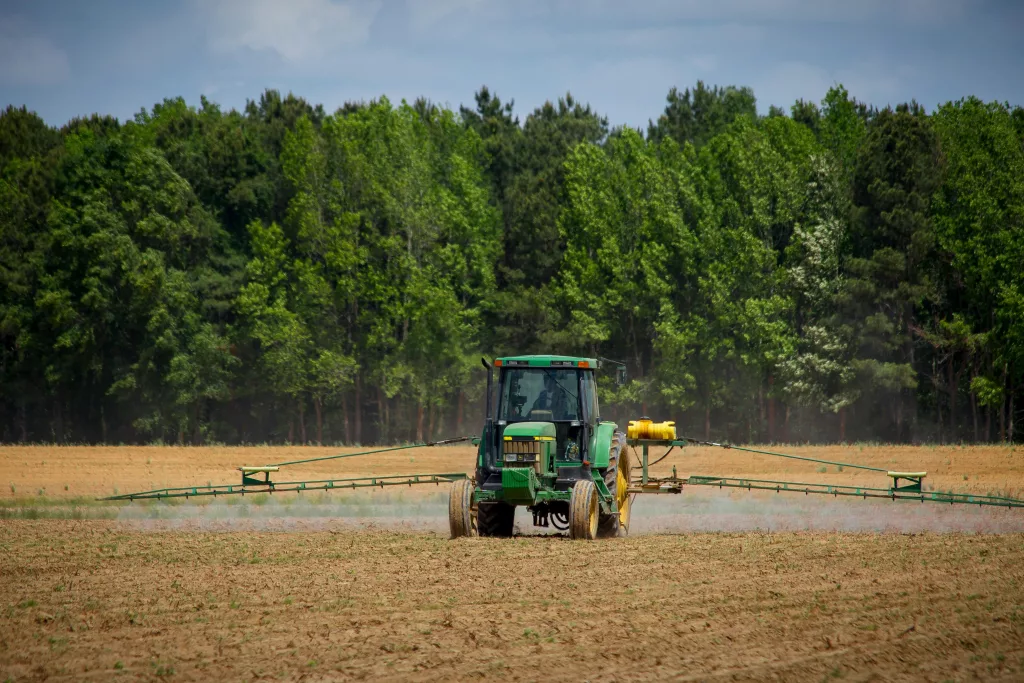MOSCOW, ID – The University of Idaho intends to reapply for a climate-smart farmer grant canceled by the U.S. Department of Agriculture.
The university was among the recipients of the Partnerships for Climate-Smart Commodities initiative, which totaled more than $3 billion for 135 projects across the country, including nearly $59 million for the University of Idaho’s Innovative Agriculture and Marketing Partnership project, the largest grant in the school’s history.
Sanford Eigenbrode, professor of entomology and codirector of the program, said the goal of the project was to reduce greenhouse gas emissions by 60,000 metric tons by enrolling 100,000 acres in sustainable agriculture practices, with a focus on important commodities in the state like wheat, potato and beef.
“The practices were practices that many agriculturists are familiar with but that have been demonstrated to have these benefits,” Eigenbrode outlined. “Like reduced tillage; cover crop or increased diversity in the rotation; dialing down the applied nitrogen until it’s optimized so we don’t put on too much.”
The Trump administration froze funds from the Biden era program because it said the program did not prioritize farmers. However, organizations can reapply to meet the program’s new standards, which requires at least 65% of grant funds to go directly to producers. The University of Idaho’s Innovative Agriculture and Marketing Partnership project allocated more than 50% of funds to producers. Revised proposals are due by June 20.
Eigenbrode noted USDA funds for the program went in part to graduate students to model the best agriculture practices for the state and it is unclear how this aspect will fit into the new application. He added the cancellation of funds is affecting some of the producers who were part of the project.
“Some of them had already invested on the anticipated incentives in changing things about their operations,” Eigenbrode pointed out. “Those are the ones that I feel most upset about because they had an outlay that, at least where we stand right now, won’t be compensated.”
Eigenbrode emphasized the project has already had wonderful benefits in terms of strengthening partnerships around the state, including relationships with implementing partners, supporting partners, soil conservation districts and producers.
“If we have a chance to reboot, we’ll be starting from a much stronger place than we were even two years ago,” Eigenbrode concluded.
